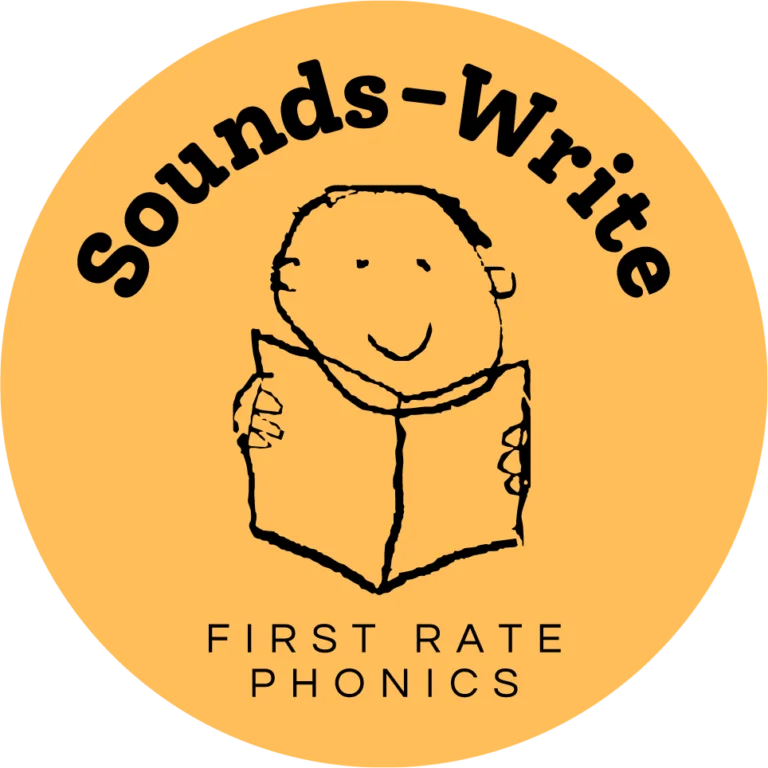Curriculum:
In determining curriculum, schools respond to, and draw on:
- Vatican and other Church documents
- Documents from the Victorian Curriculum Assessment Authority (VCAA)
- And the Victorian Registration and Qualifications Authority (VRQA)
- CECV and Diocesan directions
- Relevant evidence based practices
- Initiatives of governing bodies and other organisations
The Victorian Curriculum is the Foundation to Year 10 curriculum that provides a single, coherent and comprehensive set of prescribed content and common achievement standards, which schools use to plan student learning programs, assess student progress and report to parents.
Literacy
At St. Kilian’s Primary School, we understand how vital literacy skills are to support all learning throughout a student’s life. We pride ourselves on using evidence-based methods to ensure all students succeed and flourish in this area.
Our approach to learning and teaching involves clear and explicit instructions to students on what to do and how to do it. Our staff develop carefully planned and sequenced lessons and use clear instructions and examples to model what it is to be learned. The lessons are planned in alignment with a gradual release model to prepare students for independent practice. (I do, We do, You do)
In order to provide our students with the best possible evidence-based practice, our curriculum and fundamental skills are delivered using an explicit and systematic approach. Over the past few years our school has been involved in researching and understanding what the most recent science says about literacy instruction. We know that reading is made up of six key areas:
- Phonological Awareness
- Phonics
- Oral Language
- Fluency
- Vocabulary
- Comprehension
In order to effectively teach these six areas our structured literacy approach includes:
- Phonological Awareness and Phonics skill screening
- Explicit teaching of phonological awareness and phonics (F-2) Sounds Write Program and Heggerty Phonemic Awareness Program
- Use of decodable readers for our beginning and emerging readers
- Guided practice to improve fluency
- Vocabulary development from F-6
- Explicit teaching of comprehension strategies and questioning techniques
- Sounds Write intervention program

At St Kilian's Primary School, we teach phonics using a linguistic phonics programme called Sounds Write. Sounds Write is a very highly structured, multi-sensory approach to teaching children to read and spell. Its structure and simplicity makes it a programme accessible to all learners and helps them to make excellent progress with their reading and spelling.
Numeracy
As with our literacy instruction we follow an explicit teaching model for the learning and teaching of numeracy. Research shows that spaced and interleaved practice helps students to transfer learnt content to long-term memory. Our daily 15 minute warm up called the 3R’s facilitates this process, students are exposed to and practice content they learnt last week, last month and last term.
Concrete materials are used within our numeracy lessons to ensure students are exposed to hands-on activities that help them grasp new concepts.

Religious Education
Religious Education is based on the Source of Life core documents which have been set for the Sandhurst Diocese.
Religious Education topics are related to the child's life experiences. With careful reflection and guidance, the children are led to new insights about life, living and faith. We joyfully celebrate our faith together through prayer, liturgy and the sacraments. Prayer is always a very special part of the day in each class. We celebrate special days and events with School Masses, Assemblies and Paraliturgies. Formal Religious Education classes are taken daily and are based around the contexts of and relationships between:
- God
- Scripture
- Tradition
- Creation
- Human Experience

